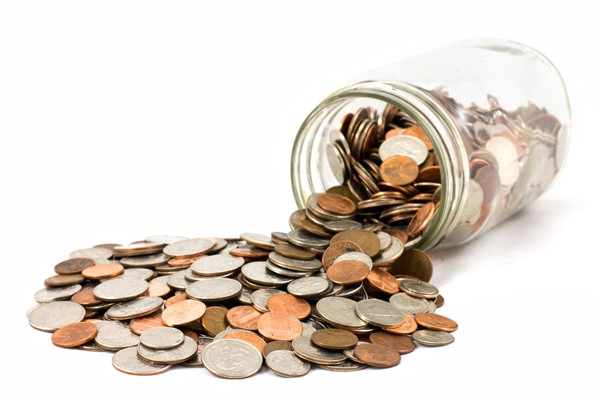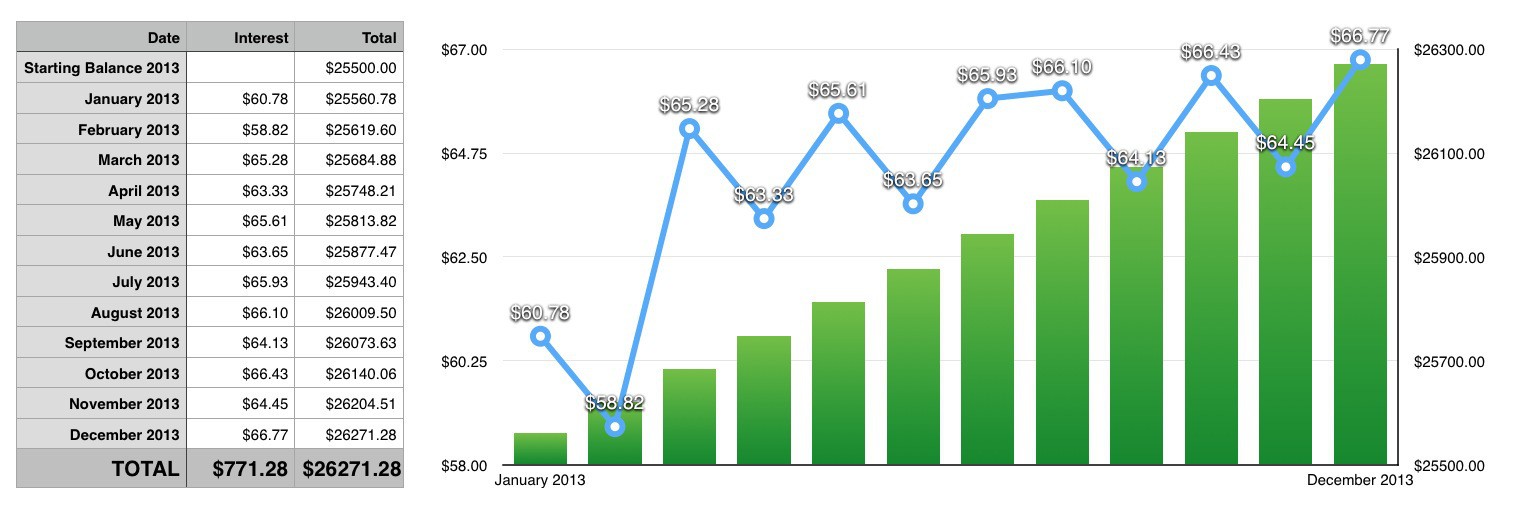High Interest Savings Account Best Place For Emergency Fund
Post on: 5 Июль, 2015 No Comment

by Mike Holman
Having an emergency fund is one of the cornerstones of good financial budgeting. The best place to keep that emergency fund is not underneath your mattress but in a high interest savings account such as Ally Bank . Some people dont like to keep cash so they prefer to utilize lines of credit, but what do you do if those lines of credit are not there when you need them? The safest emergency fund should be in good ol hard cash. That way if you need some money to pay for an unexpected bill such as a car repair, house repair, medical procedure you dont need to borrow money to cover it.
How much money should I have in my emergency fund?
The answer varies Dave Ramsey suggests that you start with $1,000 if you are in the process of paying off debts. Once you get your debts more under control or even paid off then you might want to increase your emergency fund to 3-6 months worth of expenses. For example if your basic monthly expenses (not including fancy dinners) are $2500 then 3 months worth of expenses would be $7,500 (3 x $2500). If you can save more and want to have 6 months worth of expenses then you would need to have $15,000 (6 x $2500).
These are just general guidelines so you have to decide for yourself how much of an emergency fund you wish to have or how much you can afford.
Should I keep my emergency fund in a high interest savings account?
The next step to manage your emergency fund is deciding where to put the money. Should you store it under your mattress? In a high interest bank account ? Buy some certificate of deposits (CDs)? How about stocks or mutual funds?
First things first there are a few key things you have to consider when storing your emergency fund:
- Safety of principal Never, ever, ever put your emergency fund in any type of investment that can go down in value such as stocks or mutual funds. You have to keep it in savings accounts or certificates of deposits (CDs). You need the money to be there when you need it.
- Accessibility Dont put the money into any type of account or investment product that has withdrawal limits or penalties. If you need the money you should be able to withdraw the entire amount without issue. CDs are ok if you have a larger emergency fund and wont need it all at once but even then keep the term very short so that you dont have to wait for the money or pay any penalties.
- FDIC insured financial institution Dont hide your money under your mattress what if the house burns down or gets robbed? Put it in a bank that is insured by the FDIC which includes most banks.
- Earn some money Look around for a good interest rate, even an extra half or whole percent makes a difference over the long run.

Keep your emergency fund in a high interest savings account
For most people the best location for their emergency fund is in a high interest savings account. The money will be safe, accessible and will earn you some $$ which is always important. You might think that with the current low interest rates available that it doesnt matter what the interest rate is but you have to remember that you will have this emergency fund for a long, long time so even a slightly higher interest rate will add up over the years.
Read a full review of Ally Bank which has very competitive interest rates on their savings account.
More articles about high interest savings accounts
Benefits of a high interest savings savings account This articles has some examples showing that getting an extra percent of interest per year will add up to significant sums of money over the years.














